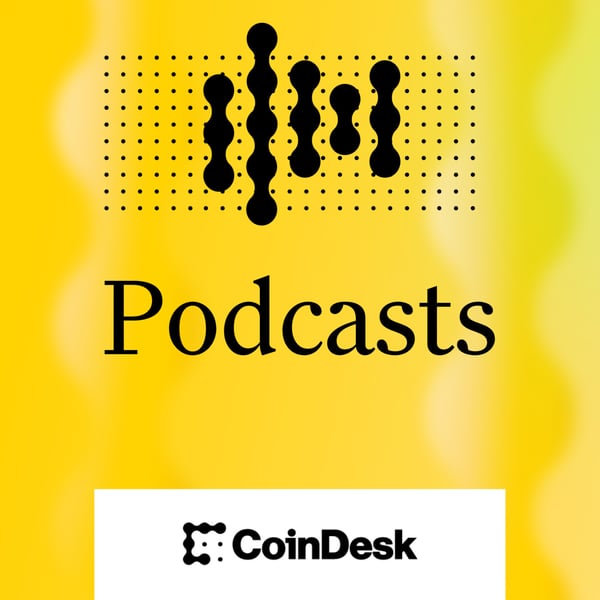BREAKDOWN: Is Being the ‘Saudi Arabia of Money’ Good for America?
CoinDesk Podcast Network
CoinDesk
4.8 • 689 Ratings
🗓️ 13 September 2020
⏱️ 14 minutes
🧾️ Download transcript
Summary
A reading of “How to Diagnose Your Own Dutch Disease,” a look at the problems of America’s dollar trade.
This episode is sponsored by Crypto.com, Bitstamp and Nexo.io.
On this week’s Long Reads Sunday, NLW looks at recent statistics suggesting that, based on a comprehensive set of measures of well-being, U.S. citizens are worse off than they were a decade ago.
One potential explanation is the U.S.’ “USD Dutch Disease” - a peculiar set of consequences resulting from the role of the U.S. dollar in the world.
This week’s reading is “How to Diagnose Your Own Dutch Disease” from the Financial Times.
See Privacy Policy at https://art19.com/privacy and California Privacy Notice at https://art19.com/privacy#do-not-sell-my-info.
Transcript
Click on a timestamp to play from that location
| 0:00.0 | Welcome back to The Breakdown with me, NLW. |
| 0:08.2 | It's a daily podcast on macro, Bitcoin, and the big picture power shifts remaking our world. |
| 0:15.3 | The breakdown is sponsored by crypto.com, BitStamp, and nexo.io, and produced and distributed by CoinDes. |
| 0:23.3 | What's going on, guys? It is Sunday, September 12th, and that means it's time for Long |
| 0:29.5 | Reads Sunday. On Wednesday of this week, the New York Times Nicholas Christoph wrote an editorial |
| 0:36.0 | called, We're number 28, and dropping. |
| 0:39.5 | A measure of social progress finds that the quality of life has dropped in America |
| 0:43.5 | over the last decade, even as it has risen almost everywhere else. |
| 0:48.2 | Basically, the measure that Christoph is referencing is something called the Social Progress |
| 0:52.9 | Index, which finds that out of 163 countries |
| 0:56.6 | that were assessed worldwide, the United States, Brazil, and Hungary are the only ones in which |
| 1:01.4 | people are worse off than when the index began in 2011. What's more, the declines in Brazil and |
| 1:07.7 | Hungary were smaller than Americas. Now, before you reject this index, it is basically |
| 1:13.1 | inspired by the research of a number of Nobel-winning economists and collects 50 metrics of well-being, |
| 1:19.8 | from nutrition to safety, to freedom, to the environment, to health education, and more. |
| 1:25.1 | Interestingly, a lot of the problem areas are where we have a really good |
| 1:30.9 | something, but not good access to that something. So, for example, the United States ranks |
| 1:36.6 | number one in the quality of universities in the world, but only number 91 in access to quality |
| 1:42.7 | basic education. |
| 1:48.2 | When it comes to medical technology, we are obviously number one as well, |
| 1:51.6 | but number 97 in access to quality healthcare. |
| 1:56.6 | When I see these numbers, I can't help but think about the newsroom or the first scene from the newsroom, |
... |
Please login to see the full transcript.
Disclaimer: The podcast and artwork embedded on this page are from CoinDesk, and are the property of its owner and not affiliated with or endorsed by Tapesearch.
Generated transcripts are the property of CoinDesk and are distributed freely under the Fair Use doctrine. Transcripts generated by Tapesearch are not guaranteed to be accurate.
Copyright © Tapesearch 2025.

